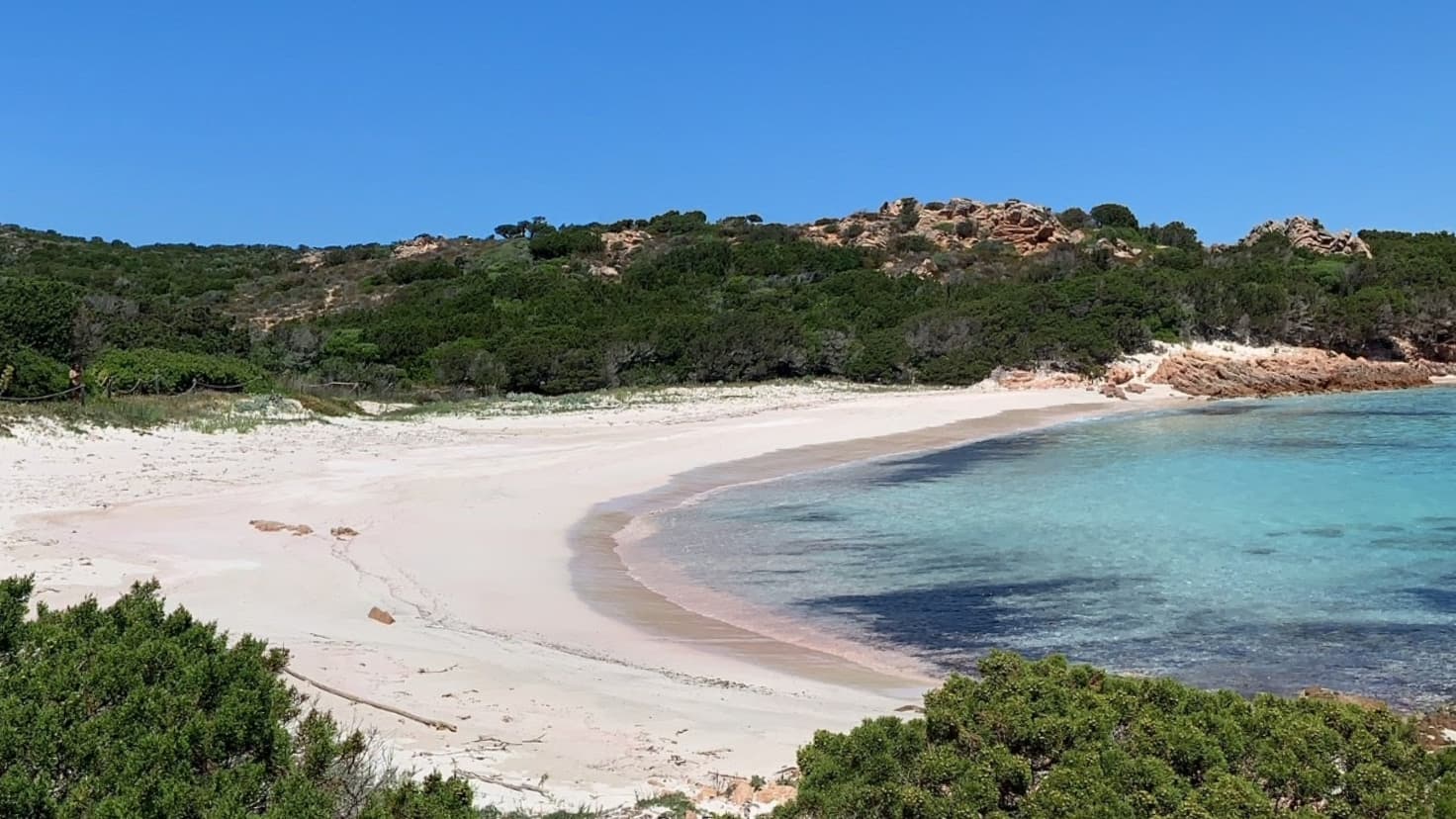- author, Steve Rosenberg
- Role, BBC Russia editor
When a senior defense official is arrested in Russia, it’s an interesting thing.
When four senior defense officials are handcuffed in less than a month, it’s more than just a pattern. It is a cleansing process.
The latest senior military man to be locked up is Lieutenant-General Vadim Shamarin, Deputy Chief of the Army General Staff and Head of the Main Communications Directorate of the Russian Armed Forces.
He was accused of accepting bribery on a large scale, and was placed in pretrial detention for two months.
Russian defense figures who have fallen from grace on corruption charges include Deputy Defense Minister Timur Ivanov and Lieutenant-General Yuri Kuznetsov, head of the Defense Ministry’s personnel department.
There was also a change at the highest levels of the ministry. In a recent cabinet reshuffle, President Vladimir Putin replaced his Defense Minister of 12 years, Sergei Shoigu, with technocratic economist Andrei Belousov. The move has been widely interpreted as an attempt by the Kremlin to boost the efficiency of the Russian military and tackle corruption.
Shoigu got a new job: Secretary of the Russian Security Council. As for Vadim Shamarin’s boss, Valery Gerasimov, he is still the Chief of the General Staff of the Russian Armed Forces.
But the high-level detentions in the ministry and the General Staff reflect poorly on the military leadership that has been running Russia’s war in Ukraine.
There is a great irony in all this.
Do you remember Yevgeny Prigozhin? A year ago, the leader of the Wagner mercenary group publicly criticized military commanders. He accused senior figures of incompetence and corruption, blaming them for failures on the battlefield in Ukraine. Prigozhin had particularly focused his anger on Sergei Shoigu and Valery Gerasimov. He had demanded their replacement.
The public dispute spiraled out of control, leading to a 24-hour mutiny. Wagner’s fighters seized key military installations in southern Russia and began marching toward Moscow. This was an unprecedented challenge to the Kremlin’s authority. But its main goal was to remove the country’s top military leaders.
Failed. President Putin stood by his military commanders. Prigozhin lost his battle for power with Shoigu and General Gerasimov. Shortly after, he lost his life in a plane crash.
But a year later, a Kremlin-backed purge of the army began.
This tells us something about Vladimir Putin. The Russian president hates acting under pressure. He ordered him to dismiss a minister or army general, and it was unlikely that he would agree to this at the time. He won’t be told what to do.
This does not mean that Putin will not act. At the time of his choosing.
What is not clear is how far this purge of the Russian military will go; How many prominent figures will end up behind bars?
Former commander of the Russian 58th Army. Major General Ivan Popov was arrested this week on suspicion of large-scale fraud. Last year, he announced his dismissal after complaining to military commanders about problems on the front line in Ukraine.

“Infuriatingly humble alcohol fanatic. Unapologetic beer practitioner. Analyst.”

:quality(70)/cloudfront-eu-central-1.images.arcpublishing.com/liberation/F5DBZUWZVNC4JI2JKMPP7TUJD4.jpg)







More Stories
Israel announces a “tactical truce” in the southern Gaza Strip to allow more aid
Edward Snowden sounds alarm over Pentagon ‘disinformation’ campaign report
World leaders join Ukraine’s major peace summit in Switzerland – but not Russia or China